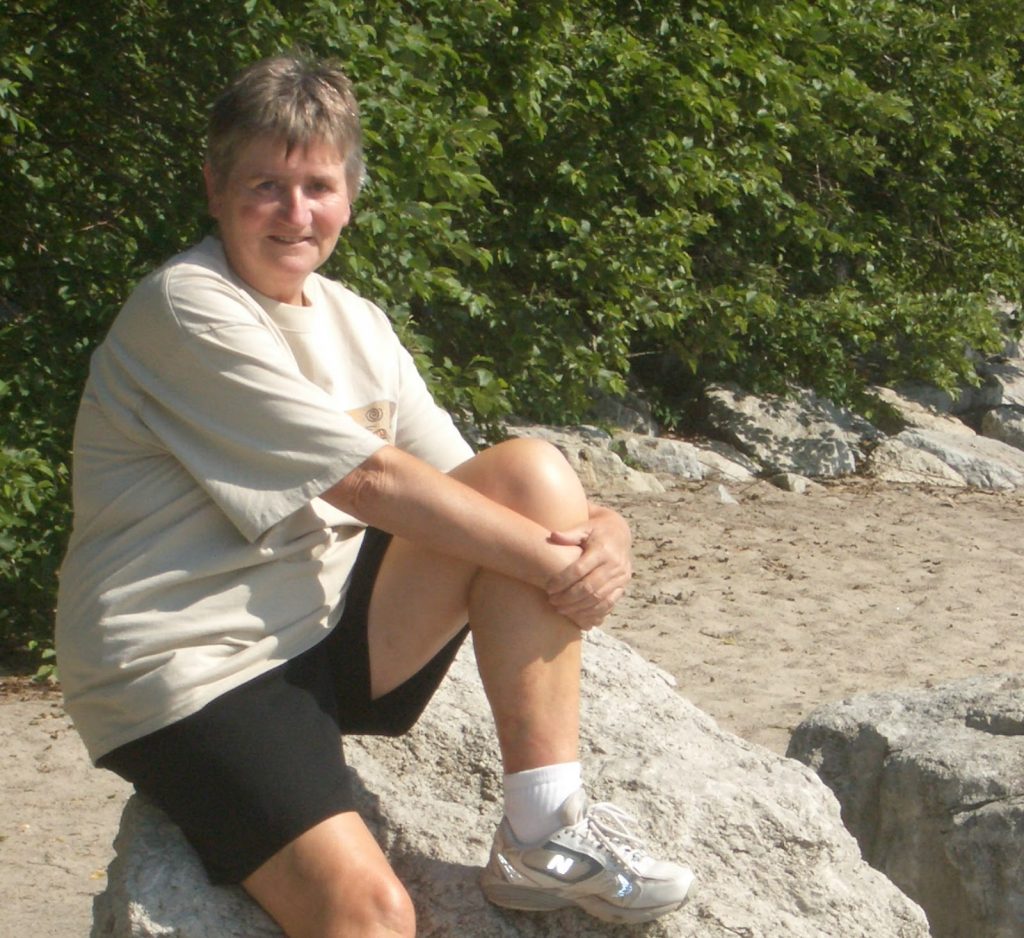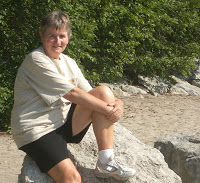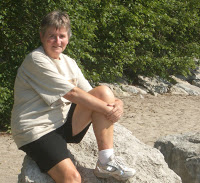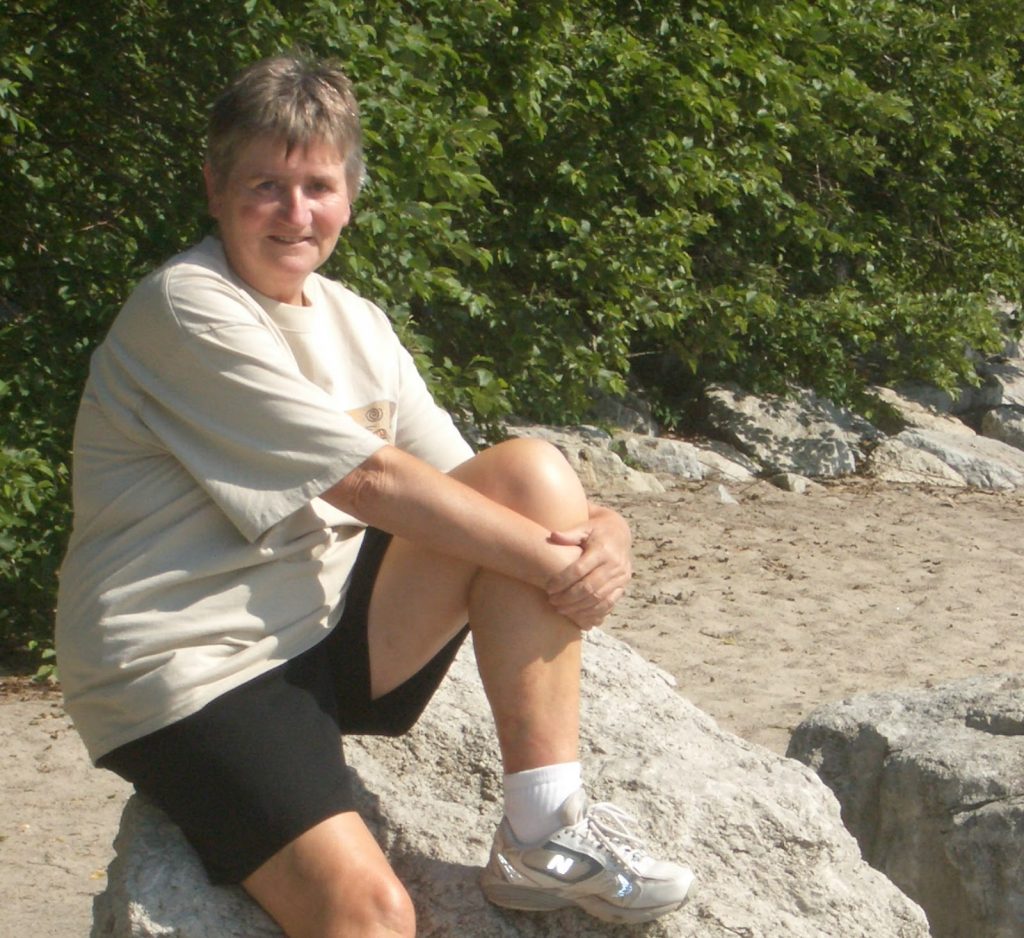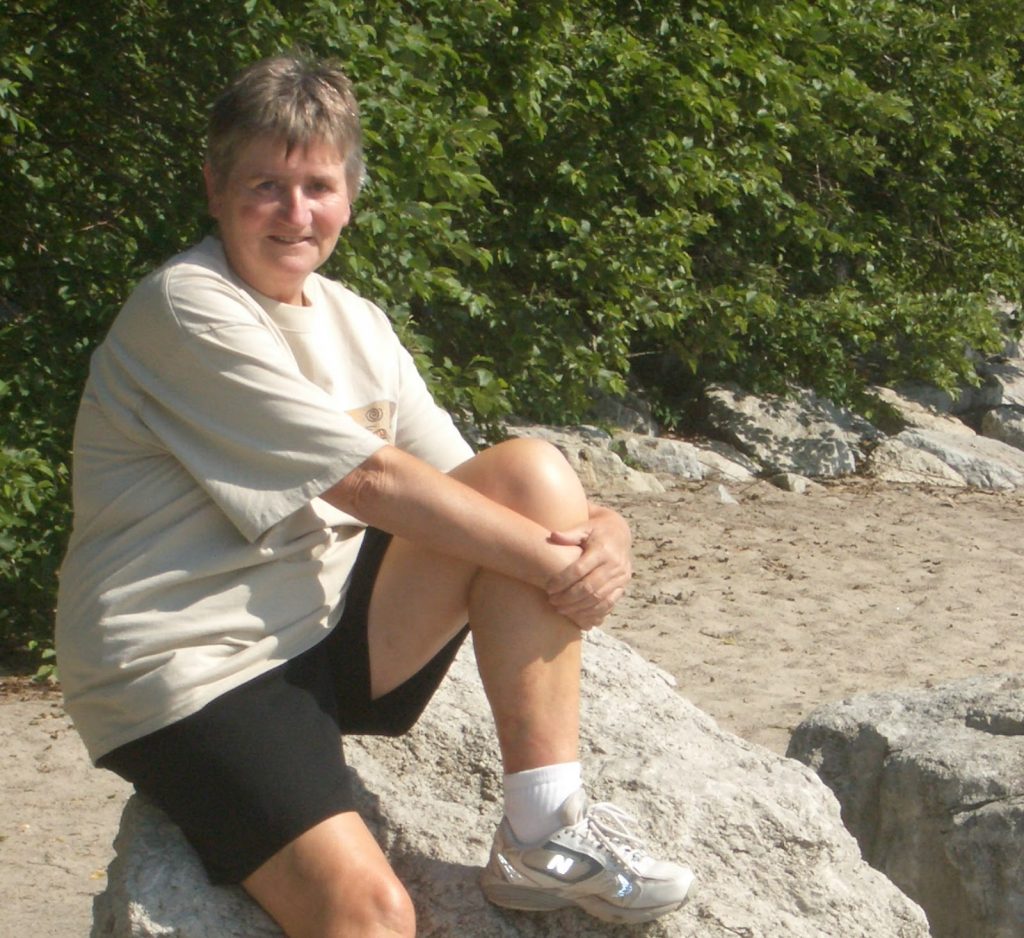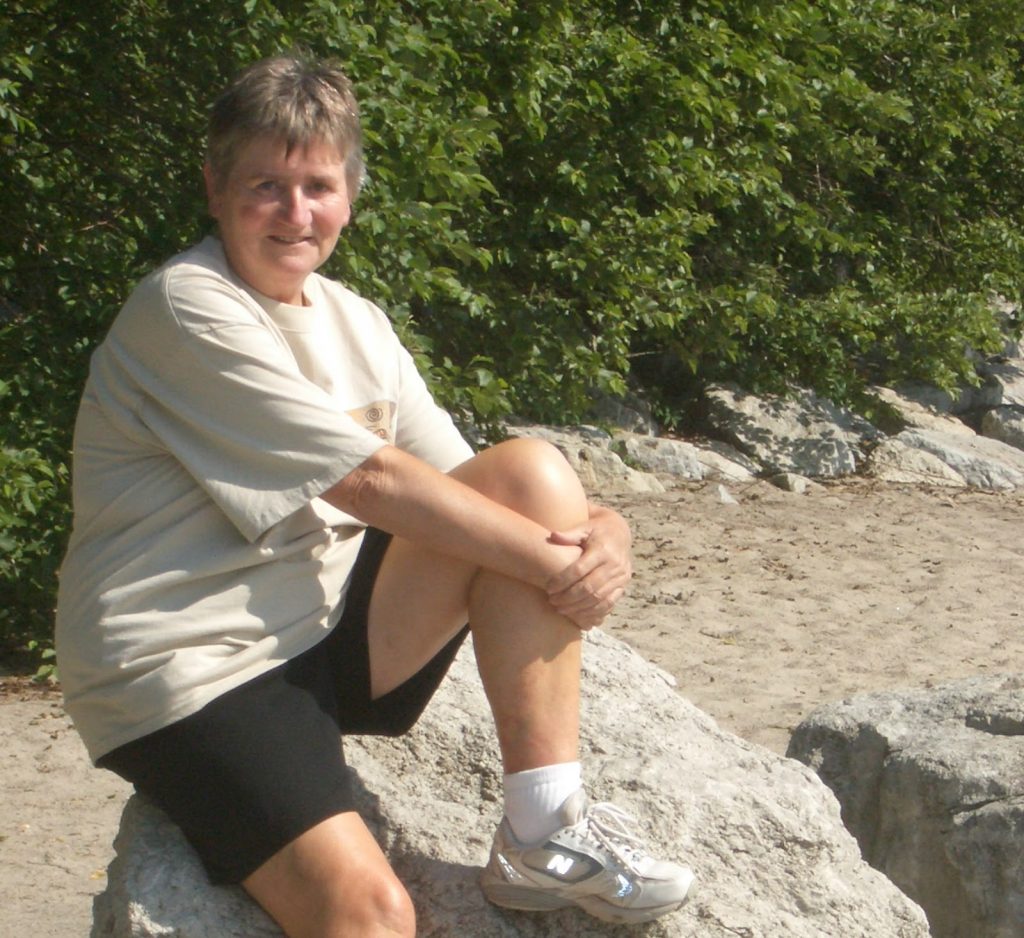I haven’t believed in God since I decided, at the age of nine, that it was all hogwash; at least, in the way God was portrayed by the church. I did miss him, but believing is not something you can learn or force yourself to do. You either do or you don’t, and I didn’t. However, not believing left me with, as they say, a god-shaped hole. It was this, I suspect, which drove me, eventually, to begin to delve seriously into Spirituality, and so, a few years ago, to a group at the nearby Senior Center who were about to read, and discuss, Eckhart Tolle’s book, A New Earth.
OK. I know those of you who have been in this group for a while are sick of me droning on about Tolle, so feel free to groan loudly right now and get it over with.
(Pause for communal groan!)
But he became, via that group, my spiritual guide and leader. Not that his thoughts are original, as he would be the first to say, but he combines the best thoughts of the other main spiritual teachers from Buddha to Christ and many many more, and nets them out succinctly and in a language so easily understood. And, most valuable of all, he then proceeds to illustrate each point with everyday examples, and makes it clear how we can apply it to our own lives; our own inner selves.
At the first of these study-group meetings we were all asked to say what we hoped to get out of the group. I completely surprised myself by saying,
‘Peace for my soul.’
Where on earth had that come from? I had never spent very much time contemplating the condition of my soul. Not only did I not know it was not at peace, I most certainly did not know that I knew it. My, how we can astonish ourselves at times!
To cut a rambling story short, I have most definitely found that inner peace I needed via Tolle’s teachings and practices. Not to infer, lest you get the wrong idea, that my work is now done and I can relax. Oh, no no! Spirituality, like anything worth doing, requires endless effort and constant practice.
Let’s take just one aspect of the myriad facets of Spirituality; living in The Now. Tolle clearly thinks this is one of the biggies, as he devoted a whole book, The Power of Now, to the topic. Of course what it’s all about is keeping your mind and spirit in the present, not your body. Where else would a body find itself, after all? But somehow our minds, whisked away on thoughts, love to linger in the past or dash off into the future; and so we rob ourselves of the present. That voice in our heads drones on endlessly, reminding us of how much better things were before Mom and Dad divorced, Hubby left with that young chick, or the kids left home. Or piling on the guilt: if we’d been better parents Roger wouldn’t be an alcoholic, or Sally would not have run off with that complete delinquent. Or we trip off into the future on a sequence of what ifs. What if we lose our jobs, or that pain turns out to be cancer, or those damn Republicans take away our Social Security? Or we fall into the trap of coloring all future happenings with a rosy glow which reality can never live up to and we condemn ourselves to endless disappointment. Words chatter continuously in our heads. Tolle refers to it as the tapes playing over and over, though he’s rather dating himself there. I supposed a more up-to-date image might be u-tube videos constantly playing, but that didn’t feel quite right to me. Then it came to me. Of course! Streaming! That’s exactly what it is; words streaming endlessly across your mind and filling up your thoughts.
But, oh, the glorious peace, the blessed silence, when you can just turn that streaming off.
These days I rarely fall victim to that endless chatter, and if I do, I can usually recognize it and shut it off. The last time I remember really having to deal with it was when I treated my wrist to a compound fracture in a silly ping pong fall. I lay at St. Jo’s being prepped for surgery and the words were streaming and screaming. You knew you were wearing the wrong shoes but did you bother to change them? No! What an idiot. Why don’t you act like a grown-up? Didn’t you learn anything from when you broke your ankle? You’re a moron. And now what? We’re planning to go off on a camping trip soon but now you won’t be able to drive for who knows how long and Betsy won’t want to do all that driving herself and anyhow what sense does it make to go camping at all with broken wrist. A fine mess you’ve made of things. Why in hell didn’t you change your shoes……and round and round the voice goes, over and over and over.
Finally I recognized what was happening and applied the brake which Tolle recommends. A few deep breaths, relax, and ask yourself a very simple question. But what exactly is wrong this very moment, this exact current second tick of the clock? And almost invariably the answer is – nothing. Absolutely nothing. Yes, my wrist was hurting a bit, but that was it. All that angst was over whys and what-ifs of past and future. Keep yourself in the now, and there are no problems, no recriminations, no anger or guilt or fear. That one key question is one of the most healing things in my life.
At first this whole concept confused me. Other Spiritual teachers I read had the same concept, of living in The Now, but I didn’t quite get it. I have to live in this world. I have to plan when to take my car in for service and what to buy for the week’s groceries and what to write for Monday afternoon, and so what if I like to remember that wonderful beach in Mexico or think fondly of my mother in days long gone? Ah, Mr. Tolle to the rescue! Another question to ask myself. Am I in psychological time or clock time? Clock time has no emotional entanglements, it is purely for practical use. What time are we meeting for lunch? Psychological time is time that comes with all that baggage. Remembering Mom is fine, but not if the memories are accompanied by resentment, or guilt, or any of the multitudes of emotions we entangle ourselves with, drag them into the present, and ruin a perfectly peaceful Now.
Strangely, for me, Spirituality has provided all those things that I rejected when offered by the Church: angels and demons, Heaven and Hell, and, yes, God. None of these are in the form religion offers them, but they work for me in their re-creations. All of them are within me. They are me. And through spiritual practices I will get more in touch with those I need, and learn to minimize those I reject. Simply, I must believe in me; that me who is part of everything, as everything is part of me. And therein lies true peace. At least for me.
© January 2015
About the Author
I was born and raised in England. After graduation from college there, I moved to the U.S. and, having discovered Colorado, never left. I have lived in the Denver-Boulder area since 1965, working for 30 years at IBM. I married, raised four stepchildren, then got divorced after finally, in my forties, accepting myself as a lesbian. I have now been with my wonderful partner Betsy for 25 years.
